News - Advertising
How Goodvertising is challenging advertising-as-usual
by Thomas Kolster
September 2, 2014
.jpg) Advertisement
Advertisement
According to a recent survey across markets, Havas Meaningful Brands, there’s not much love left to build on. The survey states that two-thirds of consumers don’t care whether the majority of brands survive or not. While brands are continuing their advertising-as-usual attempts of quick laughs and bombastic dramatisations of incremental product differences bigger challenges are lurking in the horizon as the younger generation isn’t so easily bamboozled and want brands to play a more meaningful role in their lives. The younger generation experiences a global interconnected world full of uncertainty and worries and at the same time they’re becoming ever more self-confident in voicing up their discontent through social media and other channels. To much disappointment they see brands as doing nothing more than disregarding a new world order with a lurking social and environmental crisis as two billion new consumers are knocking on the shopping gates when most resources are already scarce and the fossil fuel supremacy is nearing an inevitable end.
Make It or Break It
It’s not long ago we all listened to cassette tapes and experienced the odd tape salad. Or phones were something stationary you sat and talked in – and not a mini-computer you’re constantly typing away on. Why is it then so hard to understand that we might face a world where the current way of doing business will be outcompeted with new smarter ways? And those smarter ways call for a different type of marketing? If we look at the car market Tesla, the all-electric car company, is already valued a quarter of the total value of General Motors (GM) challenging the century old car giant that’s already been bankrupt once. Who says that GM will be around in five years time? Some of you might recall the epic award-winning commercials such as “Back to the start” and “Scarecrow” part of the continuous efforts by the US fast-food brand Chipotle to challenge its industry’s industrialised food production practices and calling for fairer and healthier options? Chipotle is experiencing comet growth hitting more than 1600 outlets in just 11 years and combined with consumers crave for more caring (READ: healthier) brands it’s a challenge to the old fast-food giant McDonald’s, who recently announce a big strategy shift as they see deteriorating income. New collaborative models are potentially a 110 billion USD (65 billion GBP) market like AirBNB challenging the hotel industry, managing to hit 1.7 billion USD (1 billion GBP) in sales in just six years. The coming years will be a make it or break it for many brands. When our children are looking back on the way we did business it will be as strange a notion as slavery is to us today. How could we be so oblivious to the harm we inflicted on people and the planet? Couldn’t we see the icebergs melting or the chemical time bomb, ticking away in everything from food to clothing? It’s time for a smarter way forward.
From Advertising To Goodvertising
These increasing business challenges are a definitive wake-up call to marketers and the before mentioned Havas’ survey tells us that an estimated 70 % of people think that businesses should come up with solutions to some of society’s biggest challenges such as unemployment, climate change etc. The stories that brands have been telling us are suddenly being caught up by an increasingly transparent market a.k.a. ‘the truth’. Sodas that make people fat, clothing with toxic chemicals, palm oil in shampoos (responsible for chopping down pristine rainforests), supermarkets that treat their workers like a pack of toilet rolls, electronic devices that cripple people in the developing world that have to deal with e-waste from your iAddiction and the list goes on and on. If you as a brand don’t show care towards people, why should people care about you? This is where Goodvertising comes in – and yes, you guessed it right: Goodvertising is a word play on ‘advertising’ and ‘good’. Brands need to change from being part of the problem to offer, genuine tangible solutions. How can you as a brand make a real difference for people & planet (while still adding to the brand & bottom line)?
From Part of the Problem to Part of the Solution
We’re at a time in history where there is a lot for brands to do besides a cheap sell or a hollow ‘pretending-to-be-different’ branding fix. From the worried mum, concerned about the sugar content in her children’s box of cereal to paradoxical mega trends like obesity and malnutrition, poverty and extreme wealth, the rights of men and women, rapid growth in young people and rapid growth in old people – there is a lot of work to be done. As most products and services today only offer incremental differences that move glacially at best, Goodvertising offers the possibility to reach out and connect with people around issues that can make a positive difference and truly distinguish the brand. It’s simply a more caring brand story. Take a close look at the brand and its product or services. Listen to all your stakeholders from the most loyal house mum to your biggest critics. Be brutally honest, look for the positive and negative in both the advertised story and the real story behind the product? Now, see how those positive or negative aspects can be turned around to make a difference or see if there’s something your stakeholders talk about where your brand can contribute positively from the product itself to its community of users, or what about an entire country or a global challenge?
Make a Mark on the World
Let’s have a look at some of the recent work where brands (and agencies) dare to make a mark. One such campaign, 'Speaking Exchange' (Agency: FCB Brasil) was for a language school in Brazil that used Skype to facilitate dialogues between senior citizens in the US to improve their students’ language skills while building a bridge over a generational gap.
In a recent Middle Eastern initiative the car-maker Nissan (Agency: TBWARAAD Dubai) looked at where they could make a difference and discovered that UAE residents are seven times more likely to die in car accidents, compared to the UK. They launched a series of sculptures made of real crashed cars to prove to young drivers that texting and driving are a deadly mix, and shake them out of their apathy.
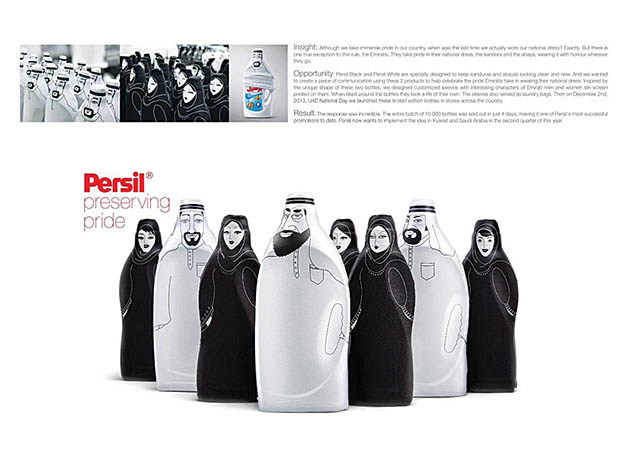 In a clever sales-drive Persil (Agency: MEMAC OGILVY Dubai) showed their love for the diversity of UAE citizens by customising sleeves reflecting the many interesting personalities on the Persil Black and Persil Bottles to celebrate National Day.
In a clever sales-drive Persil (Agency: MEMAC OGILVY Dubai) showed their love for the diversity of UAE citizens by customising sleeves reflecting the many interesting personalities on the Persil Black and Persil Bottles to celebrate National Day.
Another recent campaign from France took on the food waste agenda with a clever solution preventing perfectly fine vegetables and fruits from being discarded because they didn’t fit our over-idolised image of what nature looks like. Supermarket chain Intermarché (Agency: Marcel, Paris) rebranded them as 'Inglorious fruits and vegetables' in a sort of 'Dove Real Beauty' campaign. They even cut the price by 30% to make fruits and veggies more affordable for more people.
In another upcycling initiative 'Raw for the Oceans' G-Star Raw (Agency: FHV BBDO Amsterdam) turned to the plastic waste in our oceans and created a pair of jeans made out of reclaimed plastic (33% bionic yarn) and if that wasn’t enough they beautified them by asking Pharrell Williams to co-design.
In Qatar, a country with the eighth highest rate of diabetes, Novo Nordisk (Agency: AGENCY 222, Qatar) wanted to encourage screening of diabetes and created an event where they turned the painful needle experience into a fun event where you as a reward would get your own personal finger portrait (Yes, your finger turned into your face).
Sometimes people need a little encouragement and if you’re a sports brand why not spur your target group into a healthy life style? That’s exactly what Adidas did in UAE (Agency: LIQUID THREAD, UAE) when they launched the world’s first treadmill vending machine where your burnt-off calories was turned into cash rewards that could be exchanged for Adidas gear. It wasn’t only a good, healthy idea; the sales of Adidas running gear doubled.
Doing good is good for business
There are many Goodvertising examples out there, but for the sake of brevity these stand as examples of brands (and agencies) that dare to decipher the complex reality and come up with more than a quick-fire solution to a marketing challenge that will be forgotten when the next YouTube video ‘goes viral’. 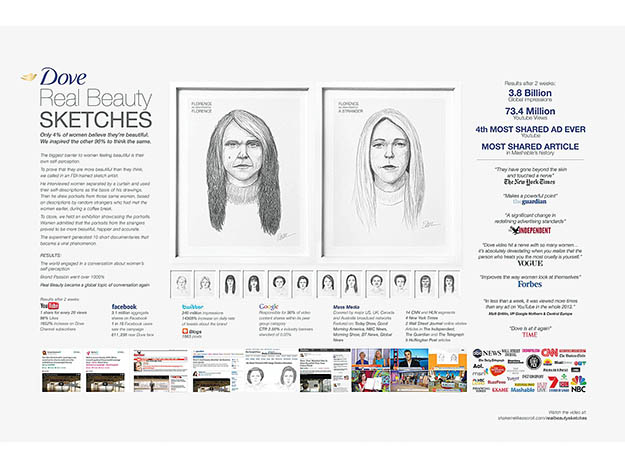 A good example of the shared value derived from this thinking is the recent Dove 'Beauty sketches' (Ogilvy Brazil) that has won multiple effectiveness awards and the vitality and creative thrust of the whole Dove campaign is a testament to its long-lived effectiveness.
A good example of the shared value derived from this thinking is the recent Dove 'Beauty sketches' (Ogilvy Brazil) that has won multiple effectiveness awards and the vitality and creative thrust of the whole Dove campaign is a testament to its long-lived effectiveness.
Advertising is facing a world that doesn’t want it any more. We are facing the dire reality of a world with scarcer resources and consumers that are tired of brands behaving like self-serving dictators. Goodvertising offers a new way forward where it’s about serving real needs instead of creating wants. If you can tell the story of a fun, healthy, happy future while showing people that businesses and brands can move from being part of the problem to part of the solution, then you might be able to rebuild the lost trust. Let’s be honest with ourselves – people create brands and if they’re created for us and by us then they need to care – just like we do.
Thomas Kolster
is an experienced keynote speaker with +50 events under his belt from Copenhagen to Cape Town, dubbed an 'Inspirational Leader' by the Huffington Post. He’s the author of the book 'Goodvertising'; the most comprehensive book to date exploring communication as a force for good.
Twitter: @thomaskolster


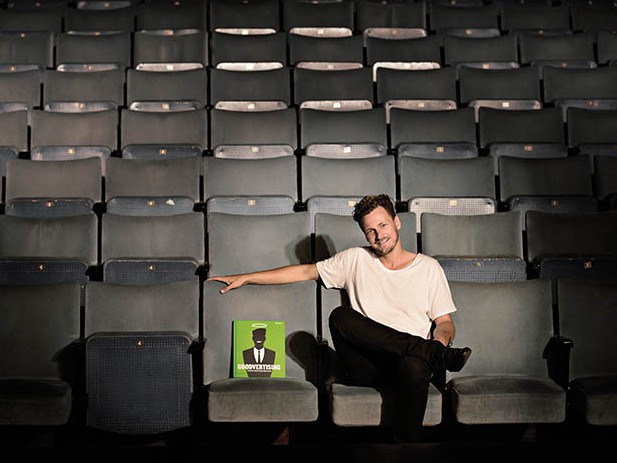
.jpg)
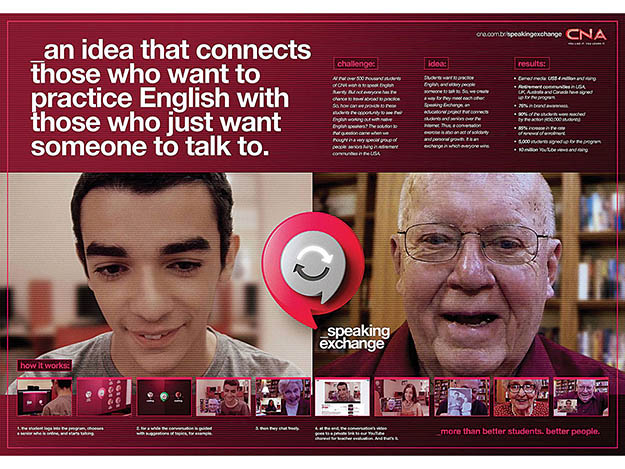
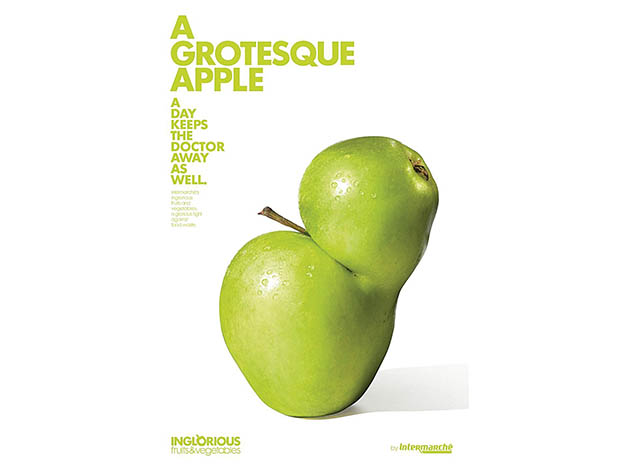
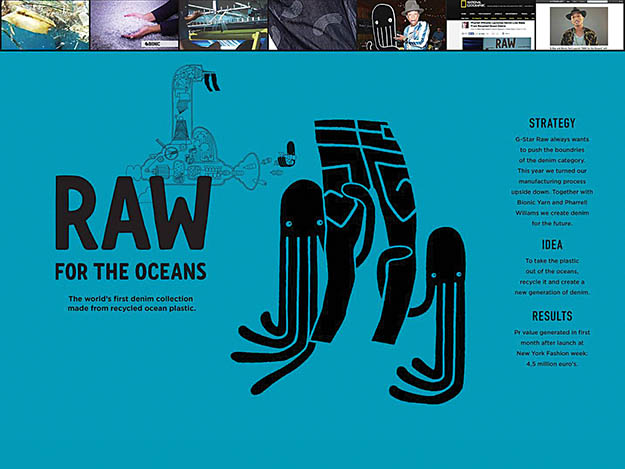
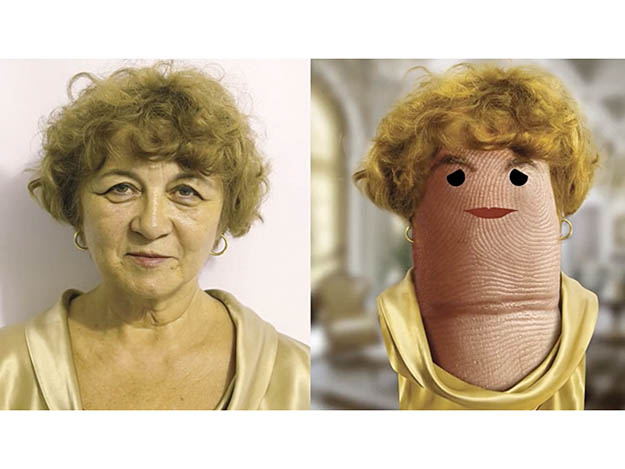

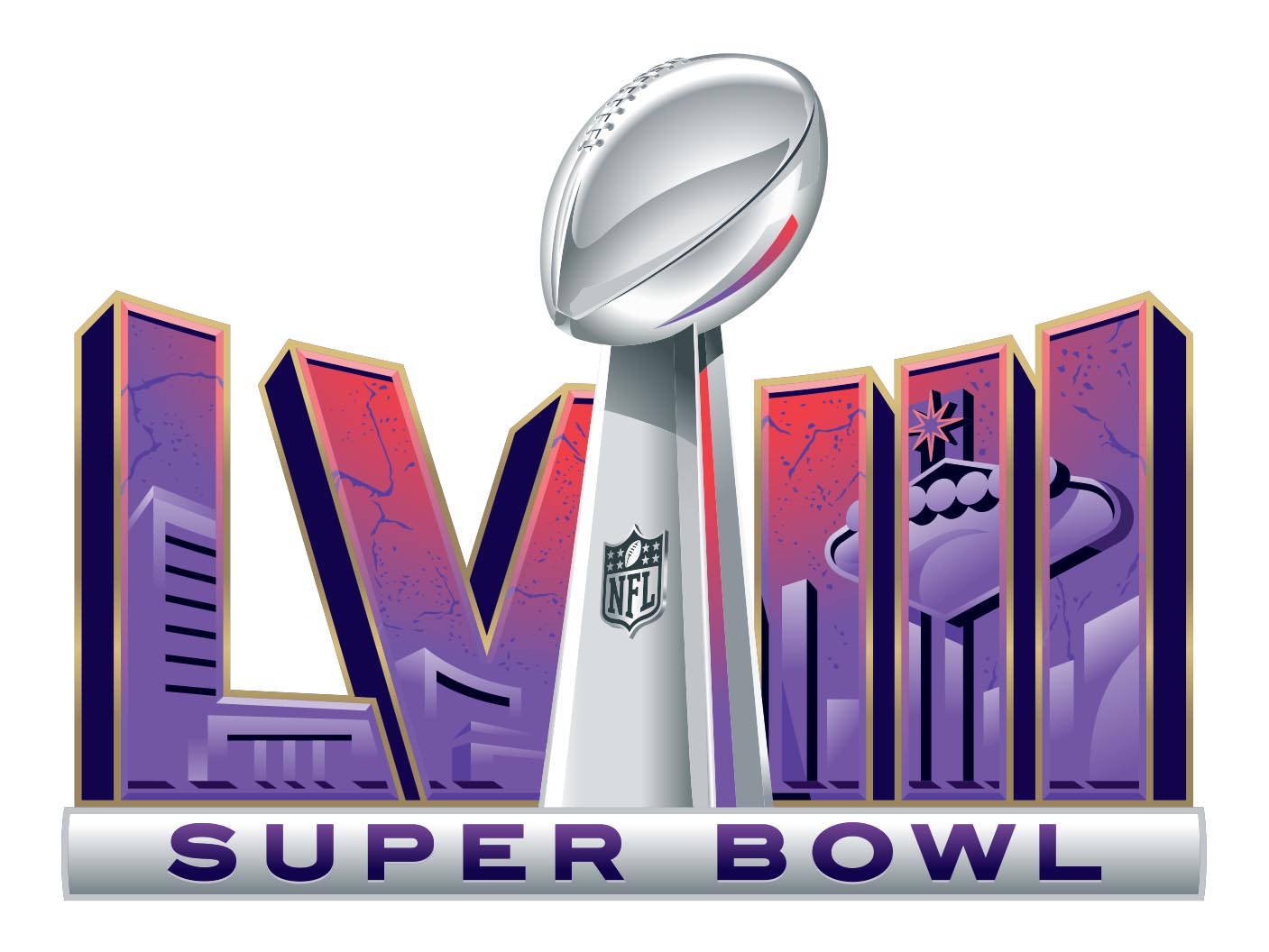



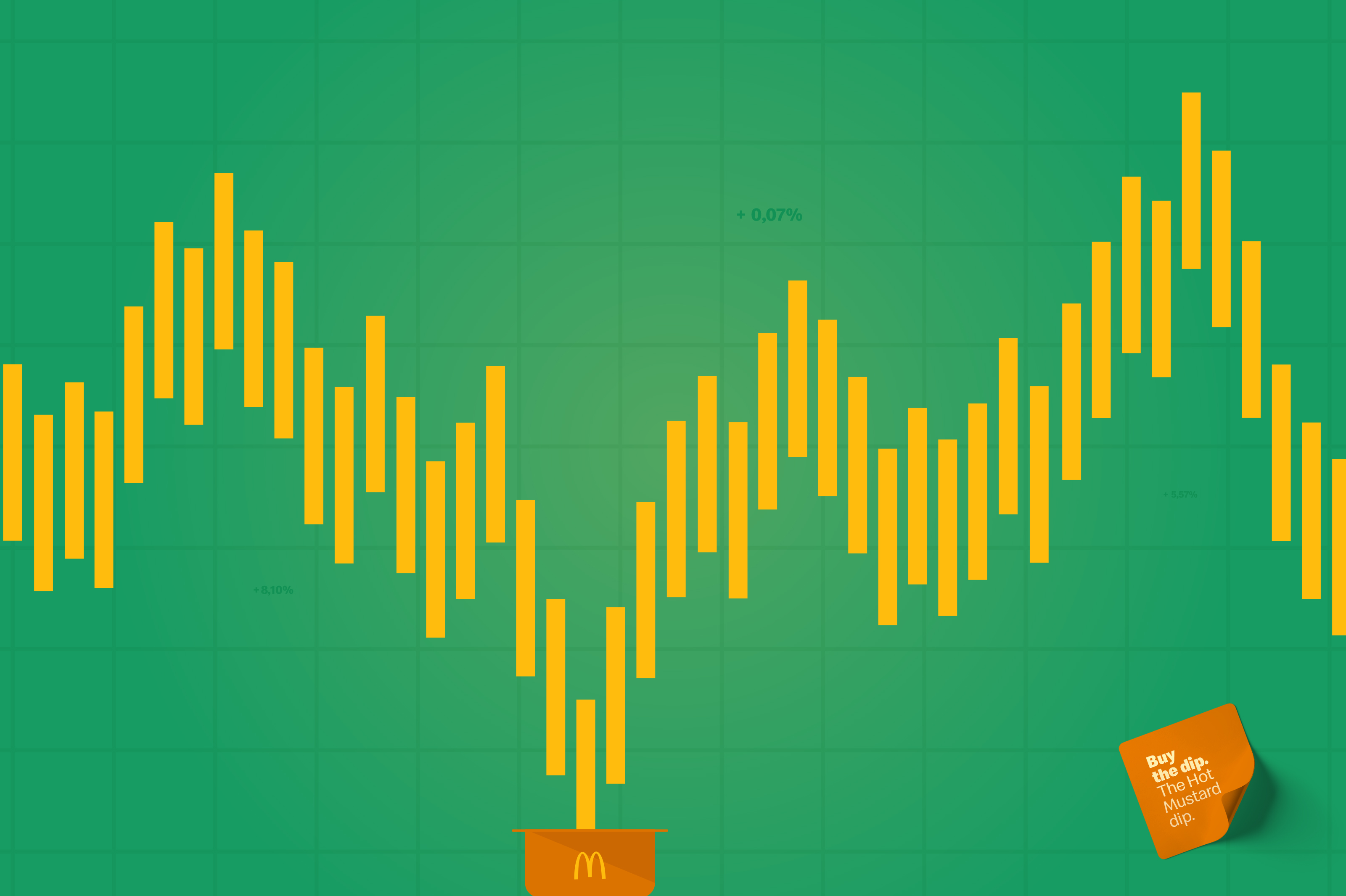
.jpg)




